By Anya Navidi-Kasmai
When my daughter Miley was 11 months old, she was diagnosed with cancer. I immediately immersed myself into her care. We were locked in battle against cancer. I was with her at the hospital the entire time—breast-feeding between her procedures and doctor visits—all during COVID lockdown. My sole mission was to get Miley cured.
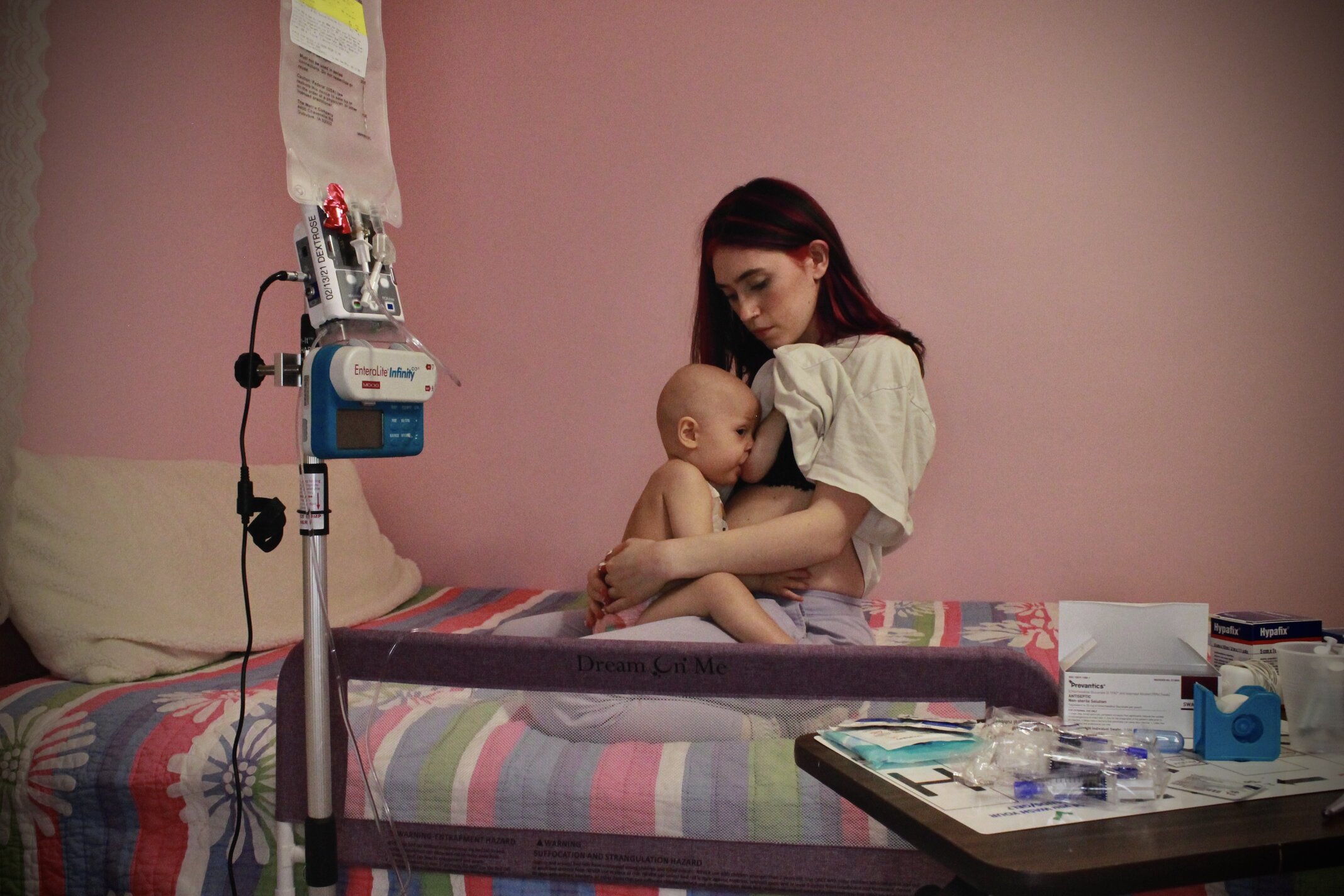
Throughout her time in cancer treatment, Miley and I were surrounded by support: the medical staff, of course; but also mental health professionals, and loving family and friends, who all checked in regularly. A music therapist would come by our room regularly, and the sessions got us through the stressful in-patient days. We would listen to music together, especially my favorite singer, Miley Cyrus, and talk about what the lyrics meant.
“The struggles I’m facing; The chances I’m taking; Sometimes might knock me down, but No, I’m not breaking” — Miley Cyrus in “The Climb,” the first song we discussed while in music therapy in the hospital
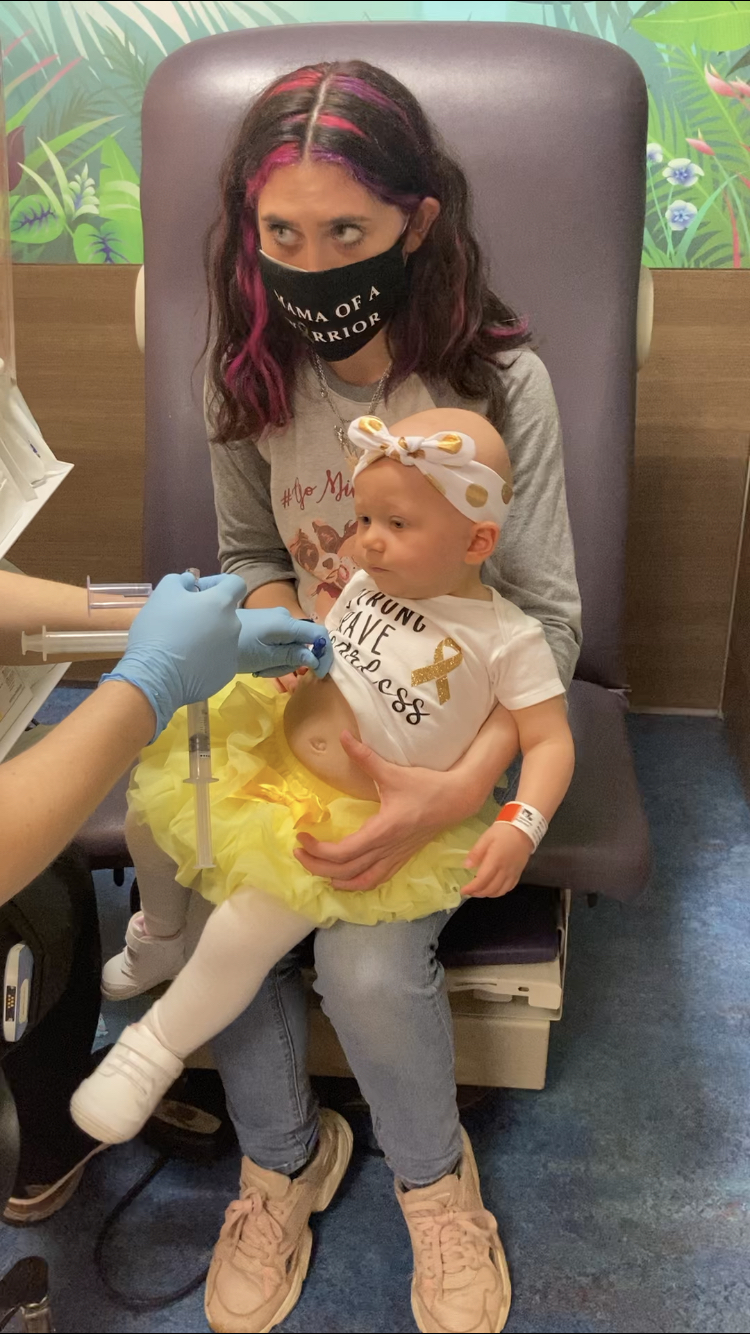
But the crazy thing about cancer is that once the treatment is completed, you ring a bell — and it’s over. Everything, from the round-the-clock care to the support systems, is over. They tell you, “See you in three months,” and you walk out the door to return to “normal life.”
This is what’s most mind-blowing about cancer that no one prepares you for. I was supposed to return to “normal” life on my own. I have heard about military veterans leaving combat and returning home, not knowing how to acclimate into day-to-day life. That’s how best I can describe what I was feeling. I literally stepped out of a cancer treatment center into a world in which I didn’t know how to function.
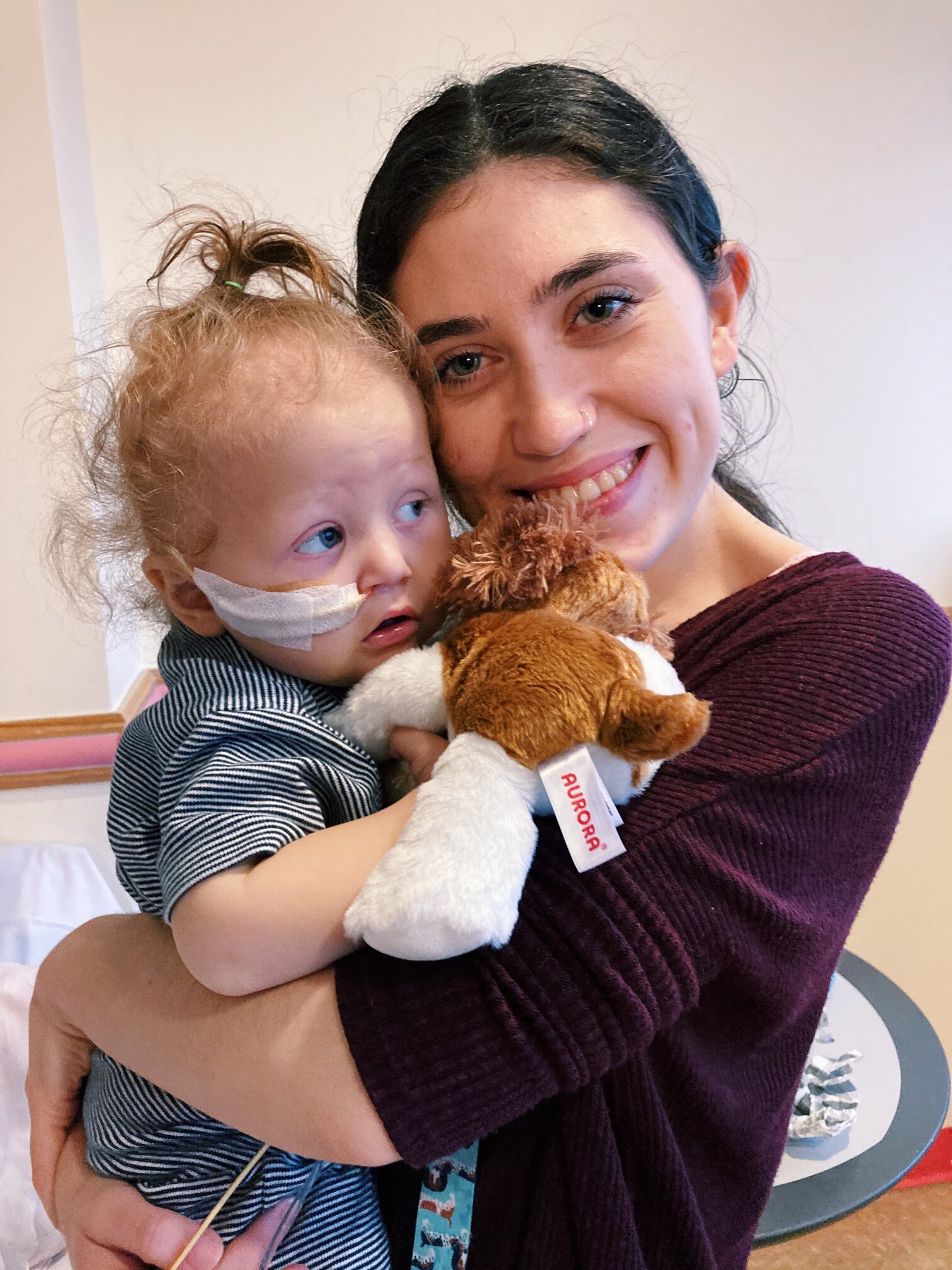
For seven months, I was in a battle against my daughter’s cancer, and then one day, the war was declared over and my daughter was cancer-free. But I was left with battle scars that no one could see. I had constant anxiety and was experiencing so much trauma — but I had none of the supports from mental health professionals or even friends and family. Everyone was done talking about it, and I was left to move on alone.
My first priority was finding work, since I had left my job to focus on Miley care full-time. I am now working at a coffee shop, which luckily has provided an easier, more chill environment. But the reality was that I needed help. Even talking to friends or customers felt like play-acting. I tried support groups, but I honestly felt that they were all struggling, and triggering each other and me. And music therapy, which helped me cope at the hospital, was not possible because I could not listen to music, let alone process lyrics.
That’s when I turned to art therapy, and it was lifesaving.
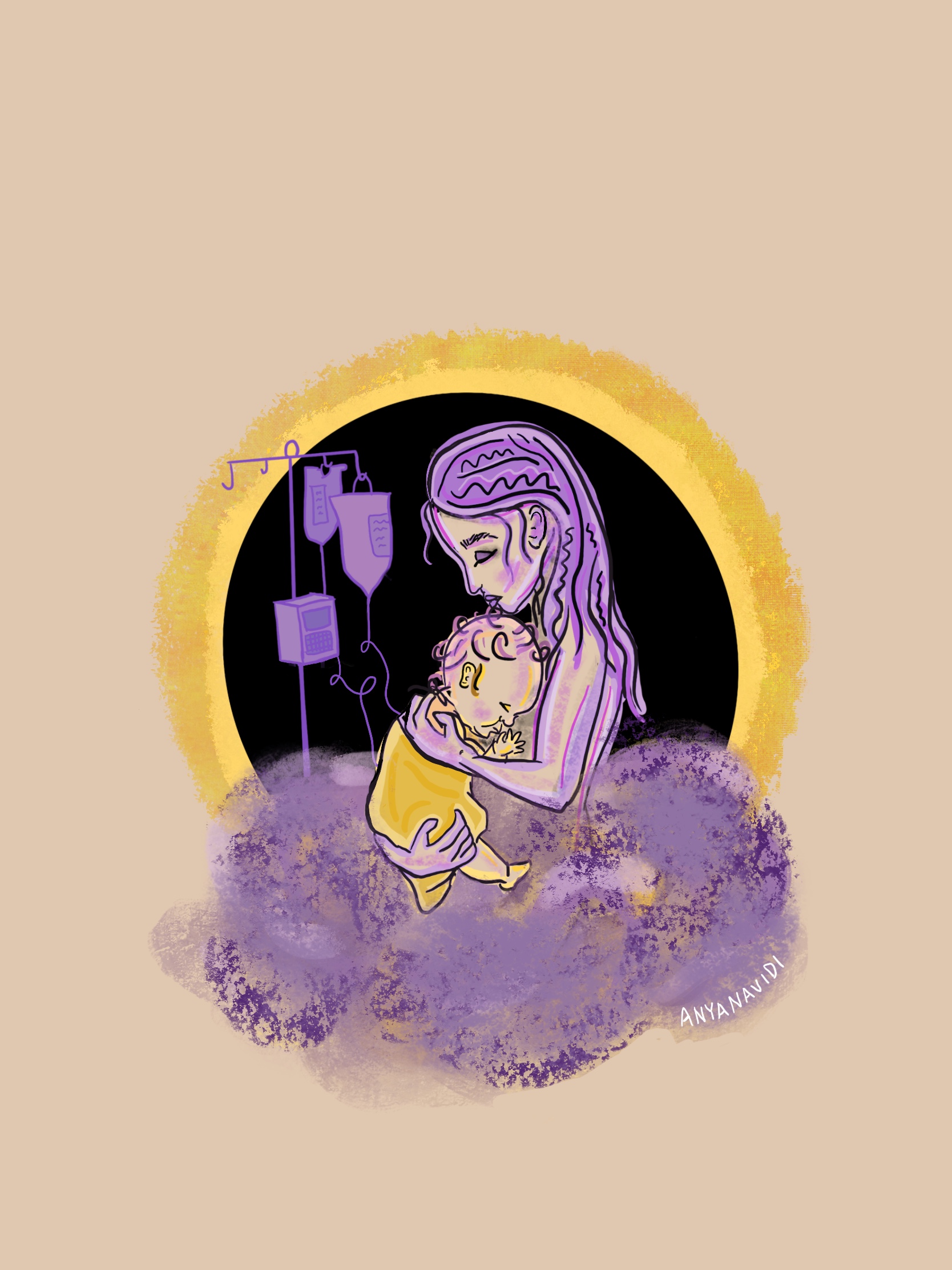
For those of you who have never tried art therapy facilitated by a professional art therapist, art-making is an important technique that offers a place to put all the trauma, to make sense of it all. At first, I could not speak about my trauma, or what I was continuing to experience. There were only tears, so obviously, traditional talk therapy wouldn’t be helpful.
Given what I’m feeling on any particular day, my art therapist, Jane Woo, MA, ATR-BC, at Life With Cancer, gives me materials to literally help me work through those feelings. During panic attacks, fluid paints really calmed me. During angry days, she had pastels that I could scratch through. And through the art making, I found space to listen — to learn about why I was feeling these things — and eventually, I was able to talk about it.
Beyond the weekly sessions, my art therapist has given me tools to help me cope as these feelings of anxiety and trauma emerge. Even now, I always carry a small sketchbook with me. Through the day, I can sketch or doodle with certain colors, to just help me cope.
Every day, Miley chooses joy, and she inspires me so much. But it’s a different experience as a mom.
Of course, children with cancer struggle, through their cancer treatment and recovery. Miley was so young; she will soon forget. Every day, Miley chooses joy, and she inspires me so much. But it’s a different experience as a mom.
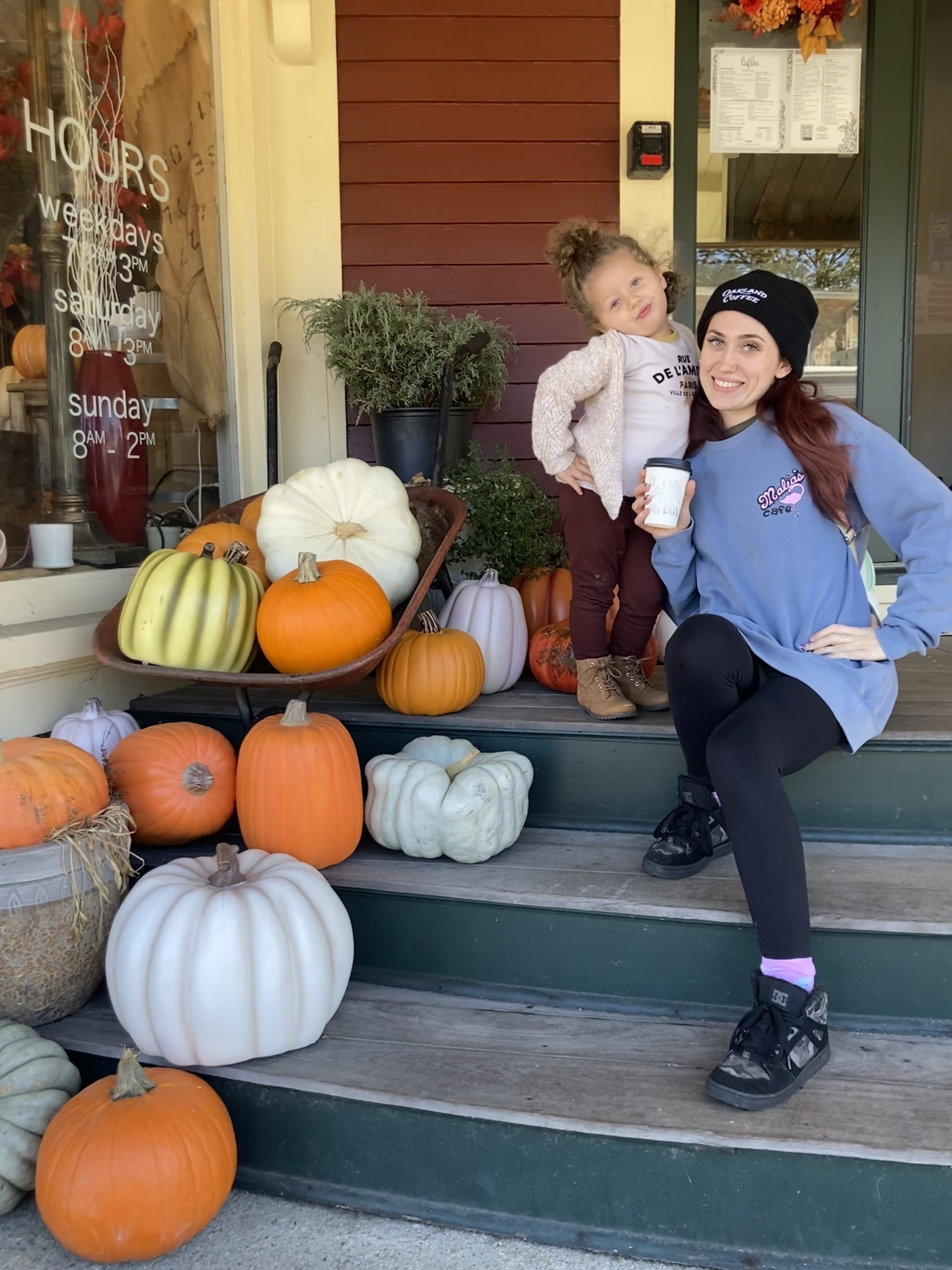
Survivorship as a parent is the loneliest place to be. There’s NO ONE. No one else has been here. Your kid may have moved on, but you’re still in the journey. There’s a constant fear of going through it all over again.
Through art therapy, I feel like a person again. I’m able to show up as a mom, a person, and a friend. I have learned that healing doesn’t mean pushing it all away. You have to hold it with you… but just learn to find it less burdensome. And slowly, day by day, I’m finally able to breathe again.
